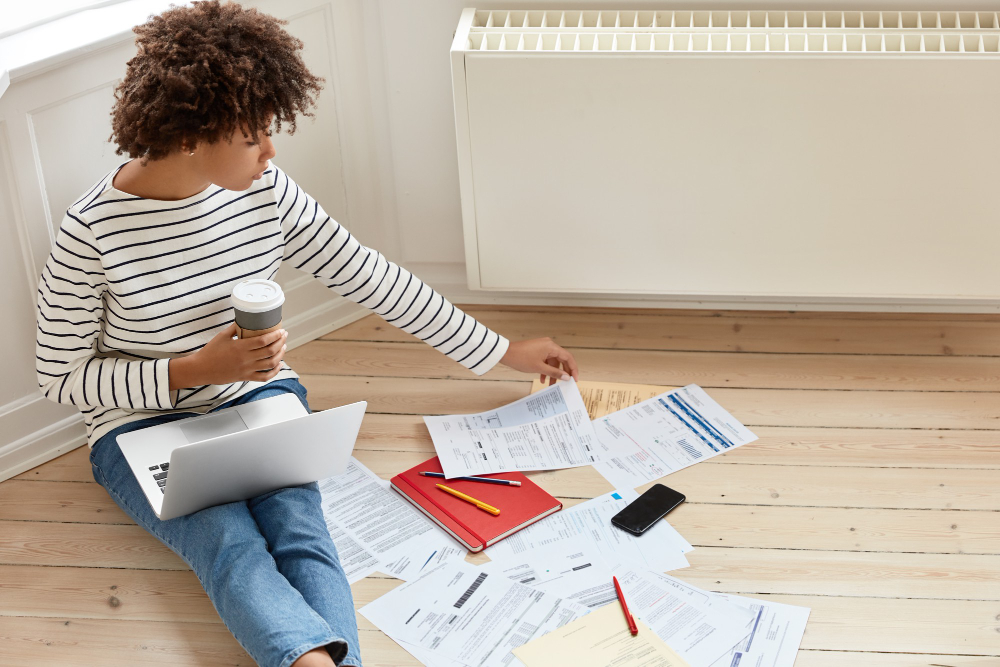

Congratulations on your decision to move into your very first apartment! This is an exciting and significant moment in your life, one that brings with it a sense of independence and autonomy. However, moving into your first apartment also comes with its own set of challenges, chief among them being figuring out how to budget. Managing money can be tricky, especially if you're on a tight budget, and it's important to understand the ins and outs of personal finances before making any big financial decisions.
In this blog post, we're going to walk you through everything you need to know about budgeting for your first apartment. From understanding the costs involved in renting to tips and tricks for making your money go further, this guide will help you create a financial plan that will set you up for success.
Before you can start budgeting for your first apartment, you need to understand all the costs involved. Rent is just one expense; you'll also need to factor in utilities (electricity, gas, water, internet, etc.), groceries, transportation, and other living expenses. Be sure to account for all of these costs when creating your budget. It's also a good idea to set aside a bit of money for unexpected expenses, like car repairs or medical bills.
Once you know all of the costs involved, make two lists: one for necessary expenses and another for optional expenses. Necessary expenses are things like rent, utilities, groceries, and transportation. Optional expenses might include things like eating out, entertainment, or subscriptions to services like Netflix or Hulu. It's important to prioritize your necessary expenses and only spend money on optional expenses if you have room in your budget.
When it comes to budgeting for your first apartment, it's important to set realistic goals. Start by adding up all of your necessary expenses to determine your monthly budget. Then, calculate how much money you have left over for optional expenses. Be realistic and don't spend more than you can afford. It's also important to stick to your budget. Track your spending and adjust your budget as needed. If you find that you're going over budget in a certain area, look for ways to cut back.
There are lots of ways to save money when you're living on a tight budget. Here are a few tips:
Finally, it's important to have an emergency fund in case of unexpected expenses. Start by setting aside a small amount of money each month, like $50 or $100. Over time, your emergency fund will grow, and you'll have a safety net in case of emergencies.
Moving into your first apartment is an exciting time, but it can also be stressful. With this comprehensive guide to budgeting for your first apartment, you'll have all the tools you need to create a solid financial plan. Be sure to consider all of the costs involved, make a list of necessary and optional expenses, set realistic goals, look for ways to save money, and build an emergency fund. With a little bit of planning and discipline, you'll be able to enjoy your new apartment without breaking the bank. If you're looking for apartments in Gainesville, FL, contact The Mayfair Apartments today to schedule a personal tour. We'd love to show you around!